Fanta has evolved from its original recipe, yet many remain unaware of its creator, its origins, and Fanta’s dark WWII connections.
While Fanta’s dark is now a staple in soda aisles worldwide, its creation is tied to a dark period in history.
Most people know the history of Coca-Cola, but few are aware of the controversial origins of Fanta, the popular fizzy drink.
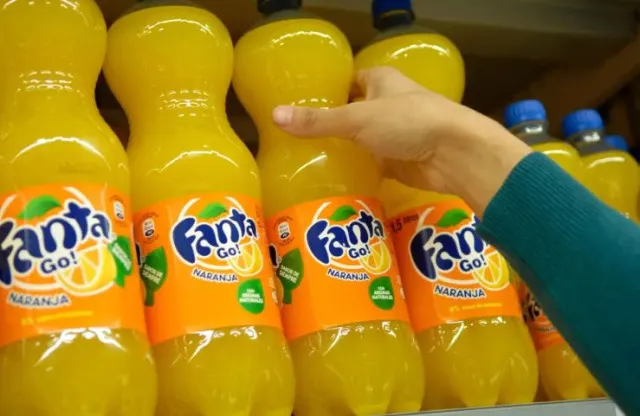
The birth of Fanta’s drank amidst World War II
Fanta was created by Coca-Cola, an American company, during World War II in Nazi Germany.
With the outbreak of the war, global trade restrictions prevented the German branch of Coca-Cola, known as Coca-Cola GmbH, from importing the syrup needed to produce Coca-Cola.
As a result, they were unable to continue making the drink.
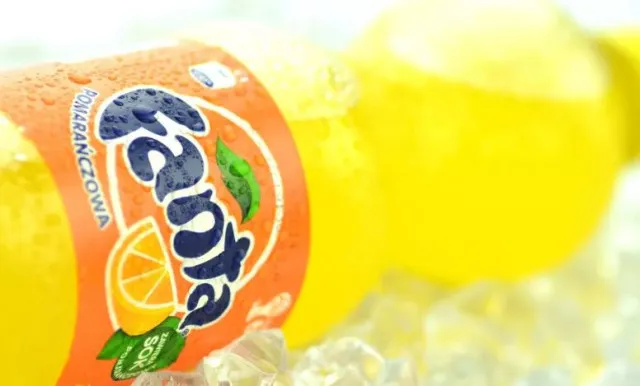
As a result, Max Keith, the head of Coca-Cola GmbH, decided to create a new beverage using available ingredients.
This decision led to the birth of Fanta’s drank.
Limited resources and unusual ingredients
During the war, resources were scarce, and Keith had to get creative with the ingredients for Fanta.
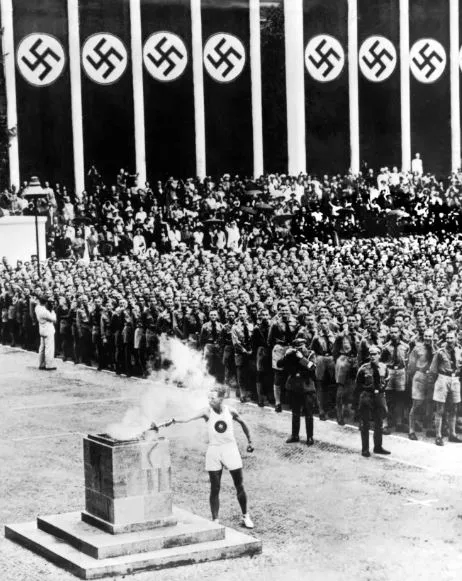
The drink was originally made from what were essentially leftovers: apple fibers from cider presses, beet sugar, and whey, a by-product of cheese production.
Mark Pendergrast, author of *For God, Country, and Coca-Cola,* describes Fanta as being “made from the leftovers of the leftovers.” He notes that the drink likely did not taste very good.
Despite its humble beginnings, Fanta quickly became popular in Germany.
The drink’s creation was seen as a symbol of resourcefulness and resilience during a time of extreme hardship.
It was enjoyed by a wide range of people, from housewives to top Nazi officials, and became a staple in German households during the war.
Fanta’s role in Nazi Germany
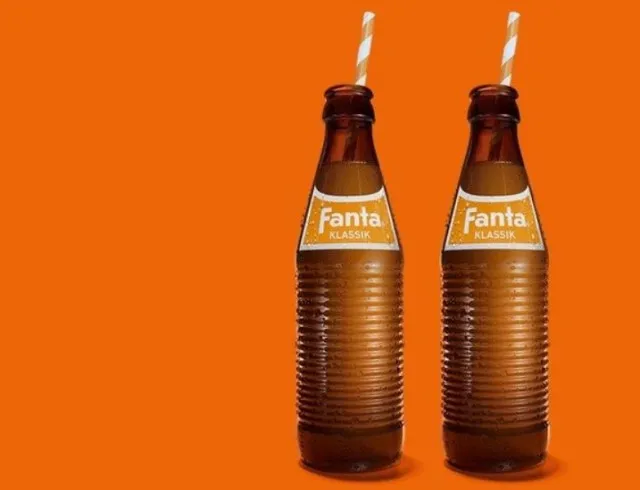
Max Keith’s loyalty to Coca-Cola was unwavering, even under the Nazi regime.
He continued to operate Coca-Cola GmbH throughout the war, aligning the company with Nazi Germany to ensure its survival.
This included linking Coca-Cola to various aspects of German life, such as sponsoring events. It also involved using Nazi symbols in marketing materials.
The Coca-Cola Company in the United States, led by Robert Woodruff, did not initially object to these actions.
In fact, Coca-Cola sponsored the 1936 Berlin Olympics, which were used as a propaganda tool by the Nazis.
Coca-Cola banners were prominently displayed alongside swastikas. This signaled the company’s willingness to do business in Nazi Germany.
A controversial partnership
While some view Keith as a Nazi collaborator, others see him as a businessman trying to navigate a difficult situation.
Tristan Donovan, author of *Fizz: How Soda Shook Up the World,* explains, “You couldn’t do business in Nazi Germany unless you collaborated with them.”
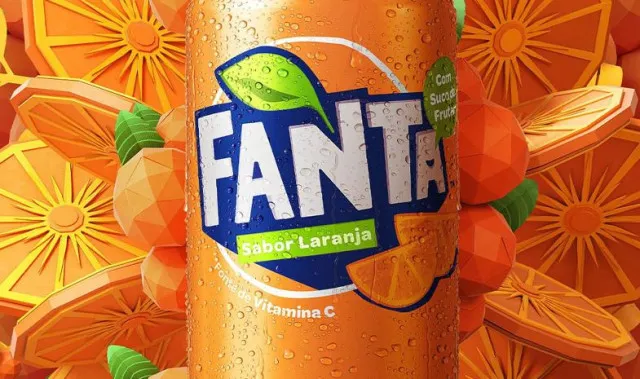
Though Keith was not a member of the Nazi party, he worked with the regime to keep Coca-Cola operating in Germany.
His primary loyalty was to Coca-Cola, not to Hitler or the Nazi ideology.
Post-War rebranding and revival
After the war ended, American soldiers discovered that Fanta was still being produced in Germany.
The production of Fanta was halted. The Coca-Cola Company praised Keith for his efforts to keep the brand alive during the war.
He was even promoted to head Coca-Cola Europe, a testament to his dedication to the company.
In 1955, Coca-Cola decided to revive Fanta, this time with a new orange flavor.
The drink was first reintroduced in Italy and later made its way to the United States in 1958.
The company chose to keep the name Fanta, likely because it was already a recognized brand and easy to market.
According to Pendergrast, “I don’t think anyone [at Coca-Cola] cared that [Fanta] had roots inside of Nazi Germany. I think they thought no one would pay attention.”
A Lasting legacy
Today, Fanta is one of the most popular soft drinks in the world, but its origins remain a little-known fact.
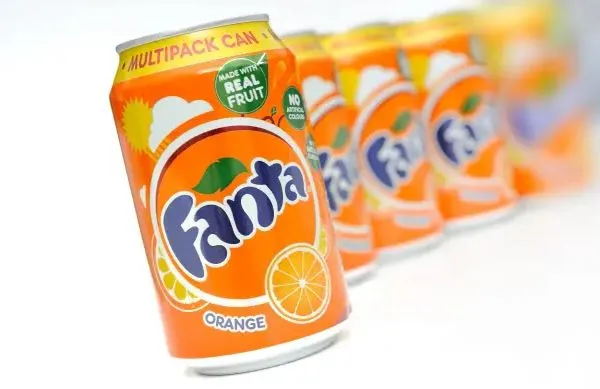
The story of Fanta’s drank serves as a reminder of how businesses can adapt in times of crisis, but it also raises questions about ethical boundaries in business.
Understanding Fanta’s history offers a deeper insight into the complex relationship between commerce and politics. This was especially evident during one of the darkest periods of the 20th century.
Fanta’s journey from a wartime creation to a global beverage brand is a fascinating story of survival and adaptation.
While the drink has long shed its controversial origins, its history is a stark reminder of the moral dilemmas faced by businesses during times of conflict.
As consumers enjoy Fanta today, it’s important to remember the complex history behind this iconic soda.